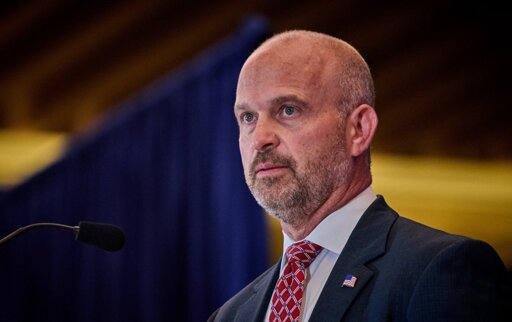Israel’s merciless slaughter of Palestinian civilians, which dates back decades but intensified after the Hamas attack of October 7, is remaking American politics on both the left and the right. As Kamala Harris acknowledges in her recent memoir, 107 Days, Joe Biden’s lack of empathy for Palestinians helped shatter the Democratic Party and was a constant anchor dragging down her campaign against Donald Trump. Even now, although more Democratic politicians are catching up with public opinion by criticizing Israel and eschewing AIPAC funding, left-of-center political leaders remain polarized. Senate minority leader Chuck Schumer reportedly sees support for Israel as so core to his personal and political mission that he pointedly refused to endorse—or, by all available evidence, even vote for—New York City’s Democratic Mayor-elect Zohran Mamdani due to Mamdani’s criticism of Israel.
The internecine fights on the left are mirrored by internal wrangling on the right, but with one crucial difference. Whereas the common labeling of leftist anti-Zionists as antisemites is usually a spurious accusation made to deflect from legitimate criticism of Israeli human rights abuses and war crimes, there is, in fact, a long history of anti-Zionism and antisemitism being linked on the right. There’s also a long history of conservatives who criticize Israel for perfectly legitimate, non-bigoted reasons—but these days, it’s the antisemitic wing of conservatism that seems to be in the ascendant.
The Heritage Foundation, the once-storied conservative think tank that spearheaded Donald Trump’s Project 2025 agenda, is now an epicenter for the right’s internal battle over Israel. On October 27, Tucker Carlson, who has long-standing ties with Heritage, conducted a lengthy and respectful interview with Nick Fuentes, an overt antisemite and Holocaust denier who opposes America’s alliance with Israel on both anti-Jewish and nationalist grounds. Three days later, Heritage president Kevin Roberts released a video affirming that Carlson would “always be a close friend” of the think tank, that his critics were part of a “globalist class,” and that “conservatives should feel no obligation to reflexively support any foreign government.” That last statement may seem uncontroversial, but in the context of Roberts’s other comments, and his defense of Carlson’s flirtation with virulent antisemitism, it rang alarm bells.
This went really well last time.


